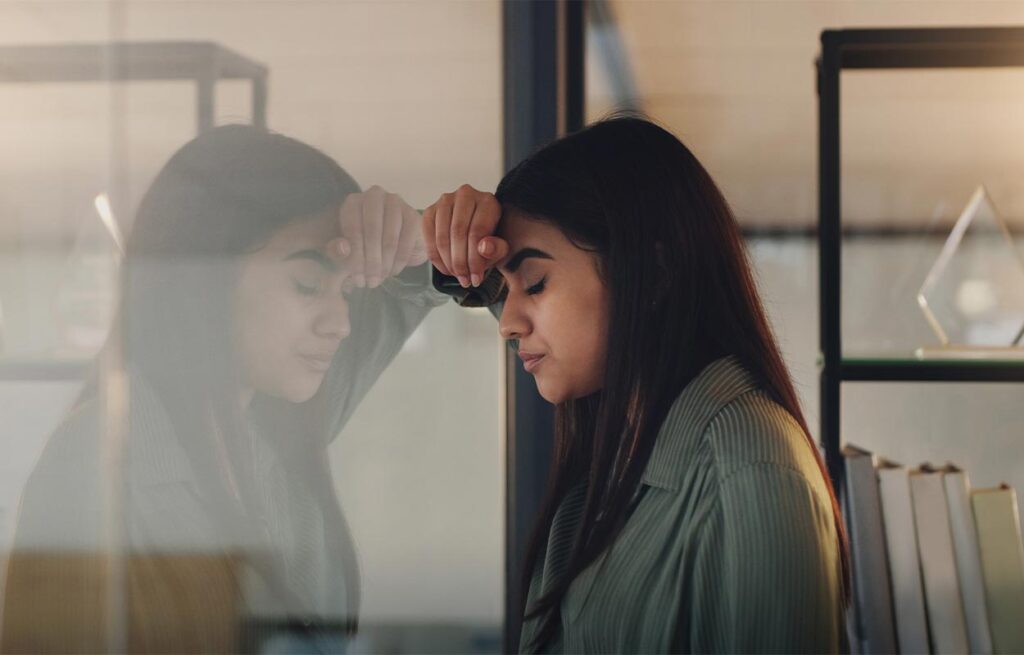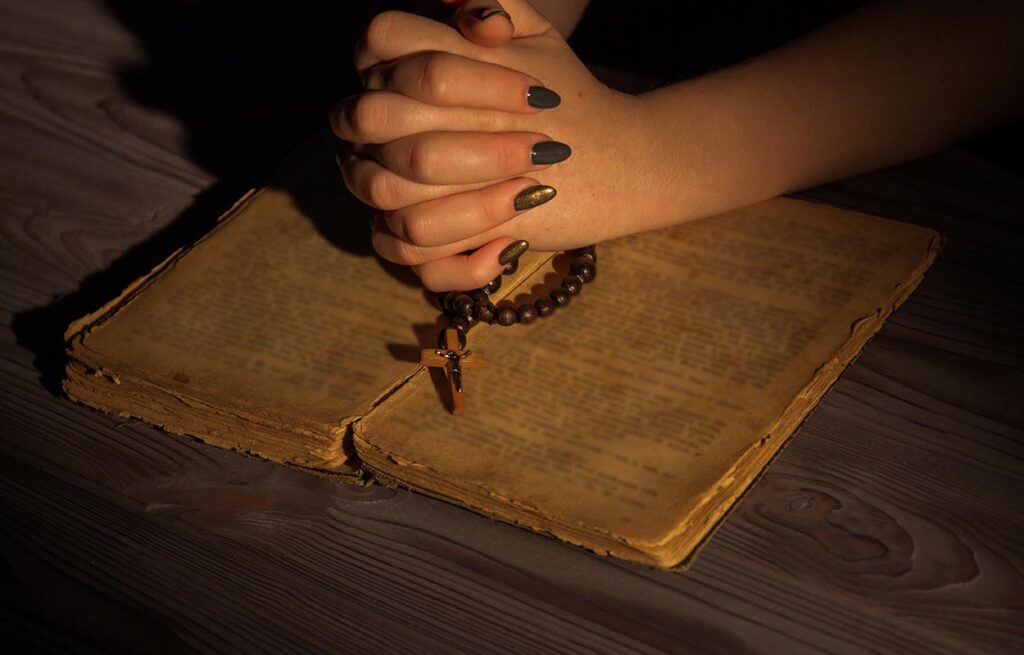BIPOC Therapists: The Benefits of Culturally Competent Therapy

Having a therapist who understands your unique worldview can be an advantage, regardless of your ethnicity or cultural background. This can help you feel more comfortable in therapy and allow you to build a connection with your therapist that can support your emotional and mental well-being.
If you need to find a BIPOC therapist for mental health services or dual diagnosis, there are options available. Some people find that having a culturally competent therapist is just as effective. No matter your choice of therapist, building a strong connection with them, often referred to as the “therapeutic alliance,” is important.
Key Points
- Having a BIPOC therapist can help clients feel more comfortable in therapy, supporting both the therapeutic alliance and the client’s mental wellness.
- A BIPOC therapist or culturally competent counselor can provide informed mental health support that may be more culturally attuned and relevant for some clients compared to therapy that lacks cultural responsiveness.
- BIPOC individuals may face unique mental health issues, and these issues may impact them in different ways compared to non-minority groups.
- You can use online directories to find BIPOC therapists near you or meet with a BIPOC counselor online via telehealth services.
Considering A BIPOC Therapist
A strong therapeutic alliance may encourage you to open up more during therapy and be more open-minded about any suggestions or exercises your therapist recommends. It may be helpful to schedule an initial consultation with a prospective therapist to “interview” them before you decide to begin therapy. Some therapists and counselors offer free consultations for this very purpose.
What Is A BIPOC Therapist?
BIPOC is an acronym that stands for Black, Indigenous, People of Color. A BIPOC therapist is a mental health professional who is a member of the BIPOC community. Often, BIPOC therapists are preferred by other members of this community because of their unique cultural insight. According to the Anxiety & Depression Association of America (ADAA), only 25% of all mental health professionals in the United States identify as people of color. [1]
Do I Need A BIPOC Therapist?
If you identify as a person of color (POC), you might prefer a therapist from your cultural background. While this can be advantageous in many cases, it’s not always feasible. Since there’s a shortage of BIPOC therapists in our country, you may find yourself on a long waiting list, or your insurance plan might not cover the BIPOC providers in your area. In this case, the alternative option is to find a culturally competent therapist.
What Does It Mean to Be Culturally Competent?
Experts define cultural competence in counseling as the ability to achieve positive clinical outcomes through effective cross-cultural interactions with clients.[2] Counselors and therapists who are not from a minority background can learn about the unique mental health issues affecting the BIPOC community and approach these issues with knowledge and sensitivity.
Becoming a culturally competent therapist often involves a significant amount of self-reflection. Counselors who want to build trust and rapport with BIPOC clients may need to critically evaluate their backgrounds and perspectives to better understand their clients and the issues they bring to counseling. They must be open to the possibility that they may have certain biases and prejudices that need to be addressed before offering counseling or mental health support.
BIPOC Mental Health Issues

Members of the BIPOC community often face the same mental health issues as non-minority groups. However, these issues may stem from different experiences, and they may affect community members in different ways. A BIPOC counsellor or culturally competent counselor will employ relevant therapeutic techniques to address the origins and impact of various mental health conditions and concerns. In doing so, clinicians can ensure BIPOC individuals receive high-quality mental health care. July is BIPOC Mental Health Month.
Factors that May Affect BIPOC Mental Health
A BIPOC or culturally competent therapist will have deep knowledge of the mental health issues that disproportionately affect people of color. They’ll also have a good grasp of how these issues have a distinct impact, based on historical and racial context. For example, people of all backgrounds experience self-esteem issues, but a person of color may experience them differently based on their unique experiences in the world.
- Racial trauma
- Microaggressions
- Prejudice
- Racial or ethnic discrimination
- Systemic racism
- Intersectionality
How Can I Find a BIPOC Therapist Near Me?
If you’re looking for therapists of color or a counselor from a specific ethnic background, there are tools available to help you accomplish this goal. For example, Psychology Today provides a directory of therapists that can be searched by ethnicity, including Asian, Black and African American, Hispanic and Latino, Native American, and Pacific Islander. You can also search this therapist directory by sexuality if you prefer to see a therapist from the LGBTQIA+ community.
If you prefer online treatment over in-person psychotherapy, you may have a wider range of options available to you. While more research is emerging, studies specifically evaluating the effectiveness of online therapy for BIPOC clients remain limited. The research does show that an online environment can support a strong therapeutic alliance built on trust and rapport. [3] This can be beneficial when discussing culturally sensitive issues.
There are several online platforms to choose from that allow you to choose your therapist, making it easier to find a BIPOC counselor who offers online therapy sessions. In many cases, you can switch therapists for no additional charge if you find it’s not a good fit.
Therapy Matters
Nearly everyone can benefit from therapy, but it’s important to find the right therapist. In therapy, you can heal from past trauma, build social skills, become more emotionally resilient, and much more. Remember that reaching out for mental health support isn’t weak; it’s the opposite of weak. It’s a brave act of self-compassion that will reap a lifetime of rewards.




